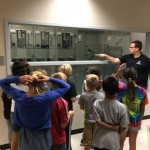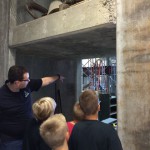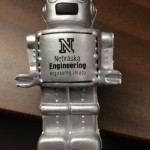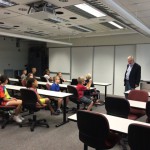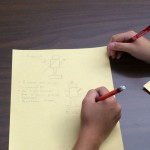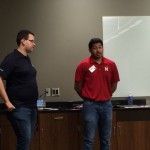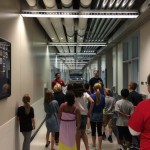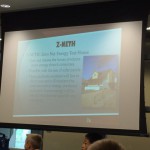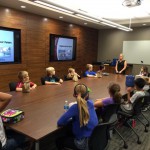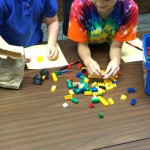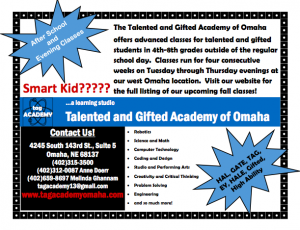Read the poem below. Think about the meaning, then listen to several others read the poem. Notice the differences in the way it is read. Take notes on your observations.
The Road Not Taken
by Robert Frost
Two roads diverged in a yellow wood,
And sorry I could not travel both
And be one traveler, long I stood
And looked down one as far as I could
To where it bent in the undergrowth;
Then took the other, as just as fair,
And having perhaps the better claim
Because it was grassy and wanted wear,
Though as for that the passing there
Had worn them really about the same,
And both that morning equally lay
In leaves no step had trodden black.
Oh, I kept the first for another day!
Yet knowing how way leads on to way
I doubted if I should ever come back.
I shall be telling this with a sigh
Somewhere ages and ages hence:
Two roads diverged in a wood, and I,
I took the one less traveled by,
And that has made all the difference.
Click on these links to listen to others read the poem:
http://www.poemhunter.com/poem/the-road-not-taken/
https://www.youtube.com/watch?v=ie2Mspukx14
https://www.youtube.com/watch?v=KUaQgRiJukA
https://www.youtube.com/watch?v=spXtePd4Whk
After watching the videos, think about the meaning of the poem. What do you think Robert Frost was trying to say to the audience? What themes do you hear running through the poem? Record yourself reading the poem on your iPad using the Voice Recorder app. After you have read the poem, summarize what you think he meant. You may want to write yourself a script to read with your response to the poem.

